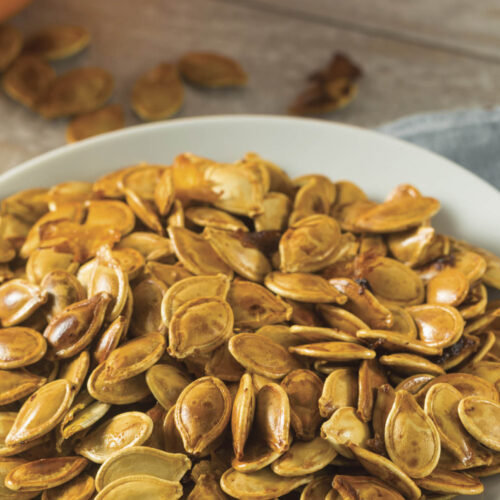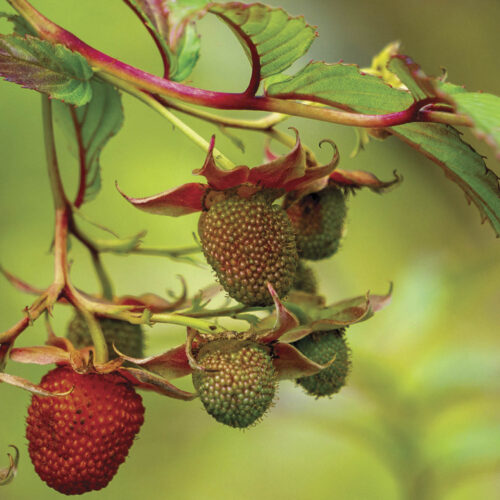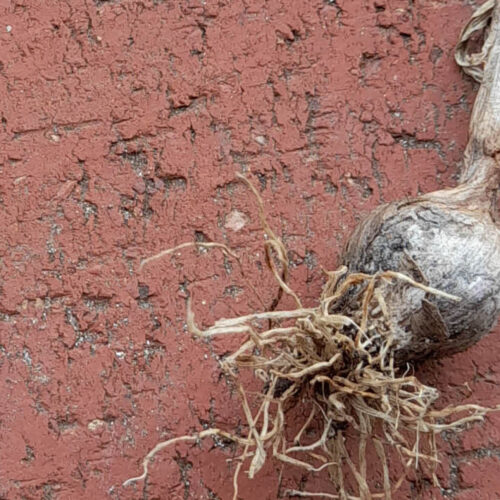Organic farming can feed the world
2010-11-22T08:57:17+11:00
A 30-year study shows organic farming systems can outperform conventional farming, contributing to a more sustainable future reports SIMON WEBSTER.
One of the most commonly used arguments against organic farming is that it cannot match the yields of conventional chemical agriculture, and so cannot feed the world, especially with the population now at almost 7 billion and rising (for some meditative viewing, watch that figure grow here).
Fortunately, the Rodale Institute has been comparing farming systems for 30 years, and has concluded that organic systems can not only match conventional farming systems for yield, but outperform them in seasons of drought and extreme rain (an attribute that might come in handy in our climate change future).
Former Rodale research manager Dr Paul Hepperly, who was in Australia this month presenting soil workshops for farmers, says part of the problem is that most organic research only last three or four years, to coincide with university research cycles.
The trouble with that is that when a farmer converts to organic farming, the first steps may be backwards; it takes a while for the soil life, water infiltration and organic matter to get up to scratch.
“If you plant maize straight into depleted soil you’re going to get big losses,” Hepperly says. “You don’t get the transformation until the fourth year. Then this transformation continues.”
Check out the Rodale site for some amazing facts about organic farming systems, including the huge role they can play in fighting climate change.
A feature based on an interview with Dr Hepperly will appear in an upcoming print edition of Organic Gardener.
Paul Hepperly is pictured talking to farmer John Marks on a field trip in Casino, NSW.
Picture: SIMON WEBSTER





